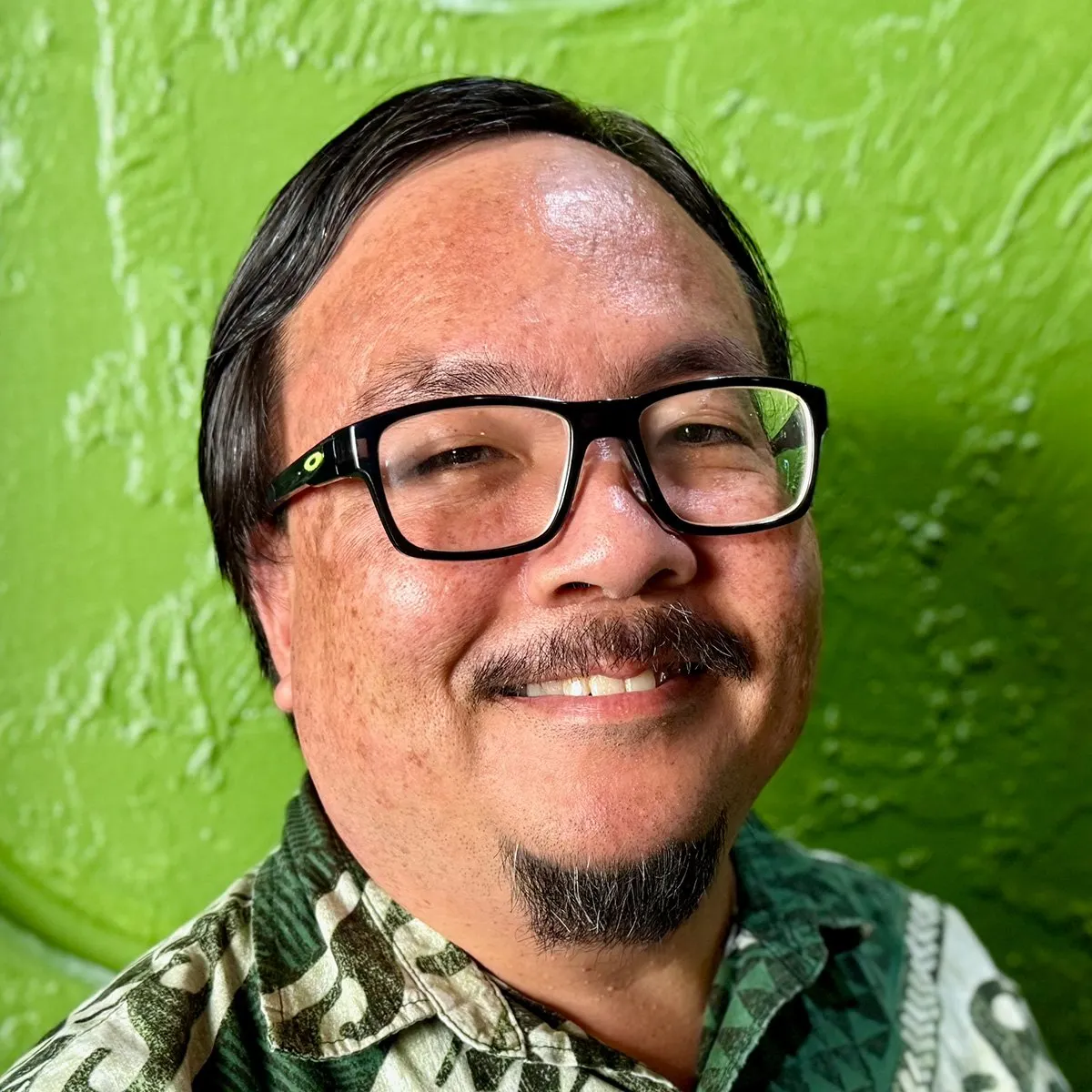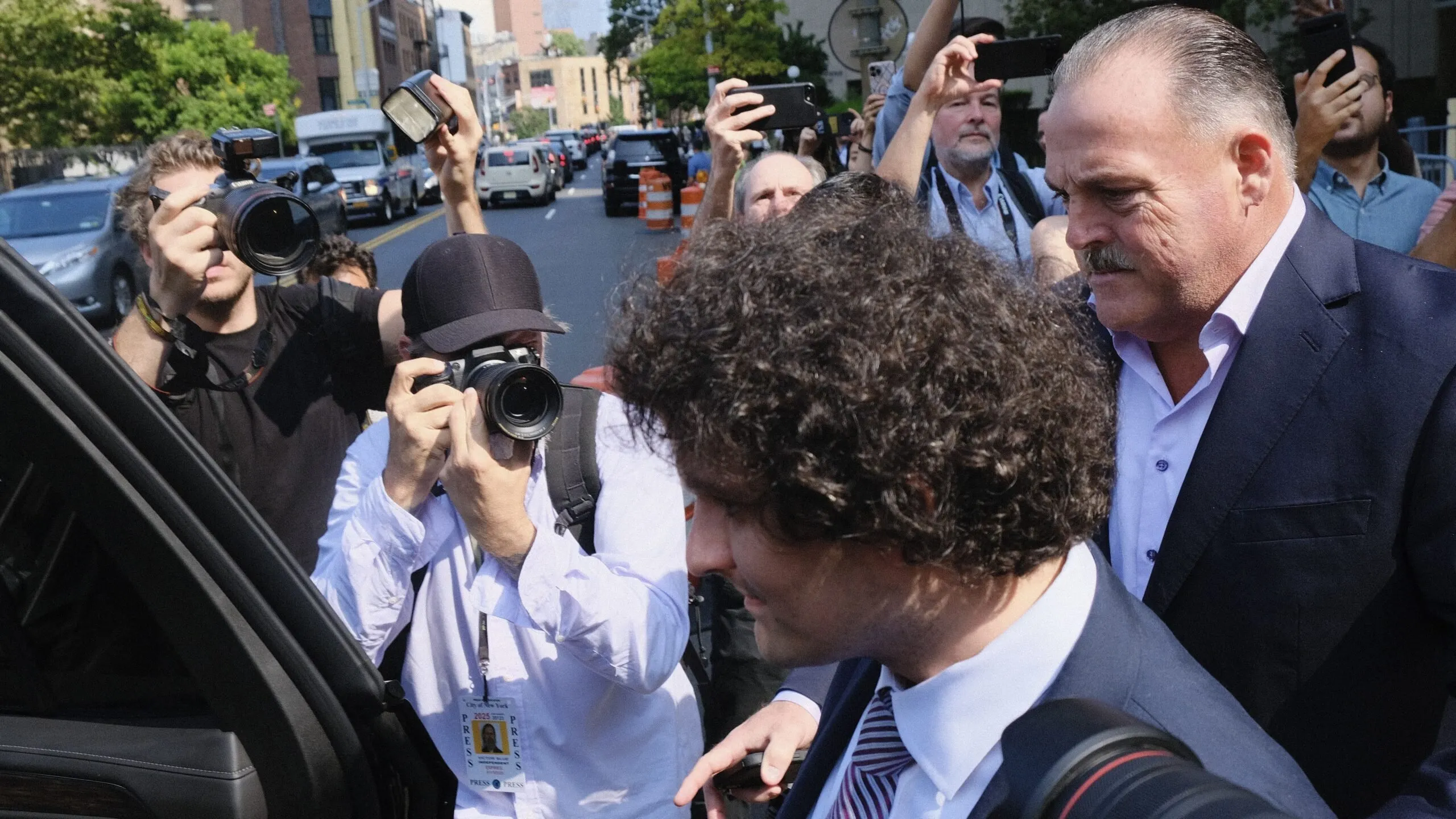Juror selection is underway ahead of the upcoming criminal trial of disgraced former FTX CEO Sam Bankman-Fried, and federal prosecutors are accusing SBF’s lawyers of trying to unfairly influence potential jurors in the case.
In a filing submitted on Friday, prosecutors for the Southern District of New York asked judge overseeing the case to throw out a line of questioning proposed by the defense for voir dire—the preliminary examination of jurors before a trial. The prosecutors allege that the defense’s questions will drag out the selection process and bias jurors towards their client.
“The defendant’s proposed voir dire contains numerous unnecessary and time-consuming questions, often soliciting open-ended discussion, as well as questions that are repetitive, prejudicial, and argumentative,” wrote the prosecutors.
Last Monday, both the prosecutors and the defense submitted their proposed questions to potential jurors for consideration. For the most part, there was overlap in the questions on whether jurors had any connections to either side in the case or had their minds made up beforehand.
However, prosecutors took issue with a set of open-ended questions proposed by SBF’s lawyers that asked whether jurors could “completely ignore” previous coverage of the case if selected. The government said that this type of questioning was “unnecessarily intrusive,” and argued that prior knowledge was not disqualifying.
Prosecutors specifically rejected a question on Page 3 of the defendant’s list of questions that asked whether jurors believe SBF would be “starting off a little bit behind” or if they thought that the “government might have a little head start” in the case.
“It is likewise inappropriate to suggest to potential jurors that press coverage, or anything else, has given the government an unfair advantage or to intimate that the Government should be subject to a heightened burden of proof,” said the prosecutors. “Such a question is especially unjustifiable here, where the defendant has played an active hand in fomenting press coverage about himself and the case, both before and after his arrest.”
Earlier this week, Bankman-Fried's writings about his situation were leaked by a journalist, in which he is reported to say that he is “one of the most hated people in the world,” and that “there will probably never be anything I can do to make my lifetime impact net positive.”
Prosecutors also took issue with the defense’s questions around SBF’s embrace of effective altruism, a philosophical movement based on determining the most objectively effective ways to use charitable resources, and SBF’s ADHD diagnosis.
On the former, prosecutors accused SBF’s lawyers of making a “thinly veiled attempt to advance a defense narrative” that their client was looking to “improve the world” by amassing his wealth. Regarding the ADHD diagnosis, they said the defense is “foreclosed” from raising it in court and that the goal was to cast SBF in a “sympathetic light” at the trial’s onset.
For their part, SBF’s lawyers have also taken issue with how the government has conducted itself ahead of the expected trial, scheduled to begin October 6.
After prosecutors turned over more than four million pages of evidence on August 28, the defense said the load was too much to review in the run-up to any trial. After SBF was ordered incarcerated on August 11, his lawyers accused the government of failing to allow him adequate access to the internet for reviewing the material in his case at the Metropolitan Detention Center in Manhattan.
Bankman-Fried's defense team has made multiple requests for early release so that he can adequately prepare for trial.

